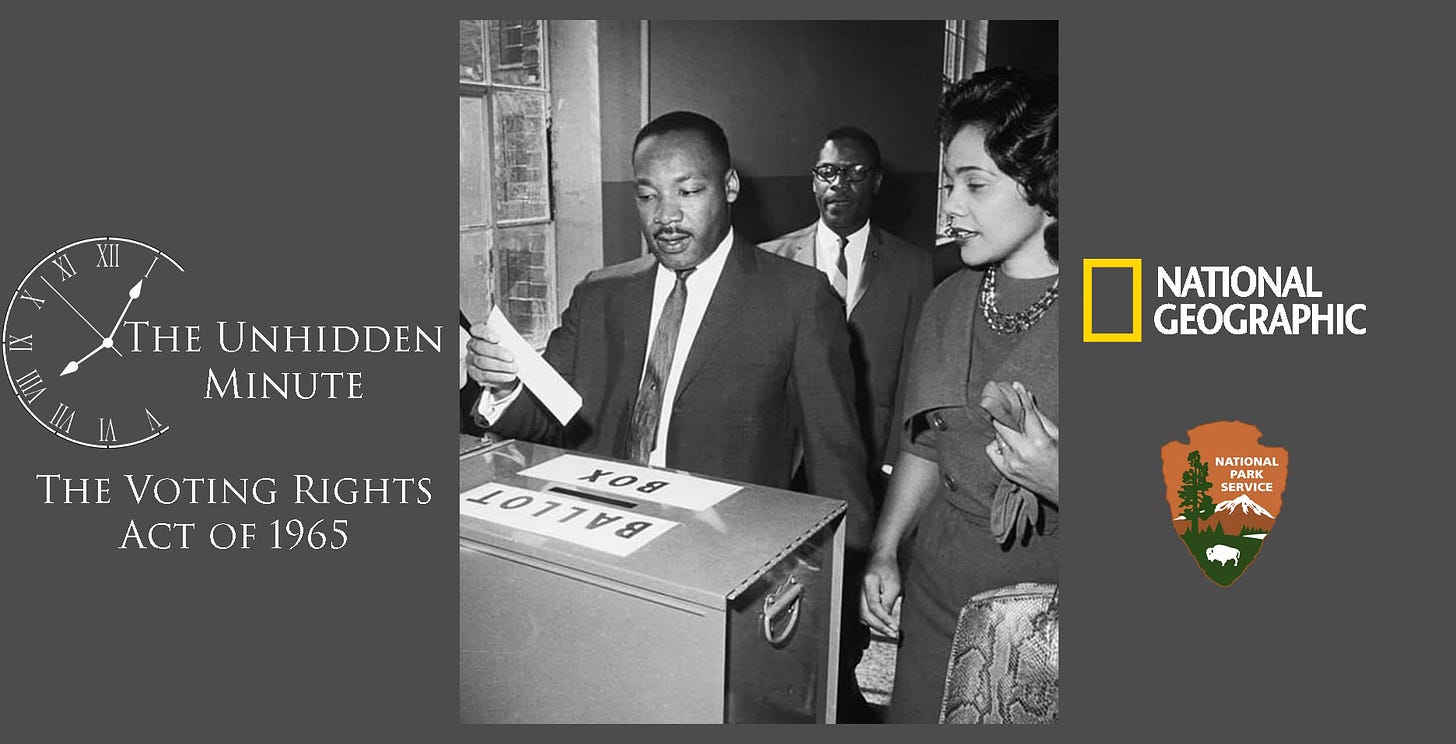The Voting Rights Act of 1965 was a landmark piece of federal legislation in the United States aimed at combating racial discrimination in voting practices. Signed into law by President Lyndon B. Johnson on August 6, 1965, the act aimed to enforce the 15th Amendment to the U.S. Constitution, which prohibits the denial of voting rights based on race or color.
The Voting Rights Act targeted discriminatory practices such as literacy tests and poll taxes, which had been used to disenfranchise Black American voters, particularly in Southern states. It provided federal oversight of voting practices in areas with a history of voter suppression and authorized federal authorities to intervene to protect voting rights.
The act's passage led to a significant increase in voter registration among Black Americans and other minority groups, helping to ensure greater access to the ballot box and bolstering democracy in the United States.
The Joy Trip Project celebrates the enduring legacy of Black American History. The Unhidden Minute is part of the Unhidden Podcast Project supported through a National Geographic Explorer Grant from the National Geographic Society, with the cooperation of the National Park Service. This series elevates the untold stories of Black American historical figures, events and cultural contributions.
#unhiddenblackhistory #NationalParkService #yourparkstory #NationalGeographic #unhiddenminute













Share this post